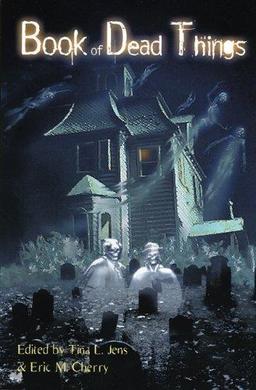Things Your Writing Teacher Never Told You: A Story Analysis Worksheet
 Peer review or small group critiquing is one of the most common techniques authors use to improve their story drafts. Virtually every author I know has been a part of a critique group at one time or another. Some authors are strong proponents of the exercise, others are adamantly opposed to it. I suspect the primary factor in how authors feel about them is whether their early experiences were helpful, or not.
Peer review or small group critiquing is one of the most common techniques authors use to improve their story drafts. Virtually every author I know has been a part of a critique group at one time or another. Some authors are strong proponents of the exercise, others are adamantly opposed to it. I suspect the primary factor in how authors feel about them is whether their early experiences were helpful, or not.
Feedback that amounts to little more than, “I really liked this!” or “I don’t really like this kind of story,” are equally unhelpful. While the first is more pleasant to hear, it’s no more constructive than the second.
Critique groups are just one of the manuscript analysis exercises I have my students do. Done in-depth, they can take a great deal of time. It is not unusual for it to take five hours to do a written critique of a 3,000 word story. It may take much longer than that.
The instructions I give to my students are as follows.





